Namibia plans to ban foreigners from owning agricultural land
- Bloomberg
- 09 July 2015
The Namibian government plans to pass a new land law that will ban foreigners from owning agricultural land, the country’s cabinet said.

The Namibian government plans to pass a new land law that will ban foreigners from owning agricultural land, the country’s cabinet said.

The fact that China does not now depend on Africa in any meaningful way for food does not mean this will continue to be the case.
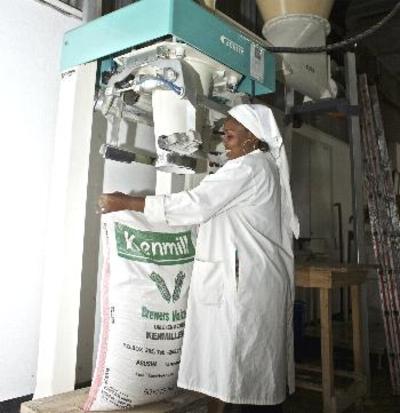
Kenya-based private equity house Fanisi Capital said on Thursday it had bought a stake in a Tanzanian agro-processing company for $6 million, expanding its footprint in the region.

Tania Murray Li of the University of Toronto explains how the devastating expansion of oil palm plantations in Indonesia shows what can be expected from the current expansion of the plantation model elsewhere around the world.

If Africa remains a food deficit region, exporting significant quantities of food to China grown on Chinese-financed investment projects will raise serious questions.
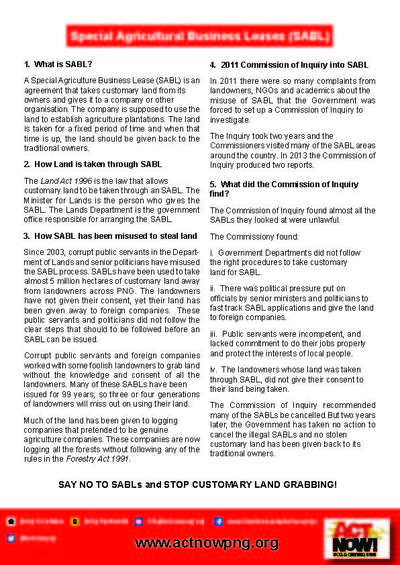
Even though the Commission of Inquiry into the land grab has found the SABL process was flawed, land grabbing continues. Many communities are still not aware of what SABL is and how customary land is being stolen.
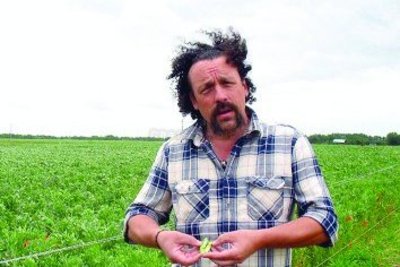
Un groupe financier irlandais met la main sur les terres charentais et les font cultiver par un entrepreneur agricole. "Il passe une fois de temps en temps avec un tracteur de 300 chevaux et c’est tout», râle un élu, impuissant.

World’s largest palm oil trading company, Wilmar International Ltd., under scrutiny as communities accuse its suppliers of harassment, deception and rights abuses.
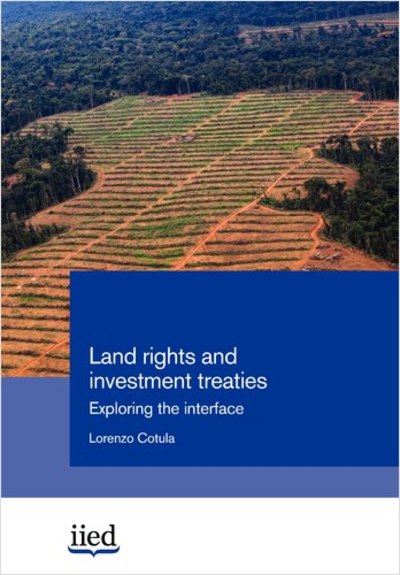
Investment treaties can have far-reaching implications for land reform, for public action to address “land grabbing” and more generally for land governance frameworks

A new report from Friends of the Earth: “If Wilmar fails to improve its operations, the company had better pack and go.”
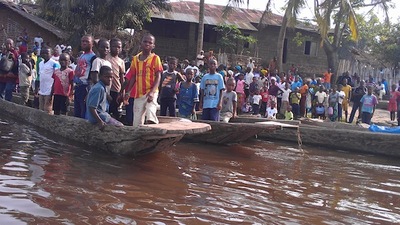
Les fonds des institutions financières de développement (IFD) qui devaient servir à réduire la pauvreté et les inégalités viennent plutôt les amplifier.
.jpg?1436370015)
Case studies in this book reveal how today's land grabs may resonate with, even resurrect, forms of large-scale production associated with the colonial and early independence eras of Africa.